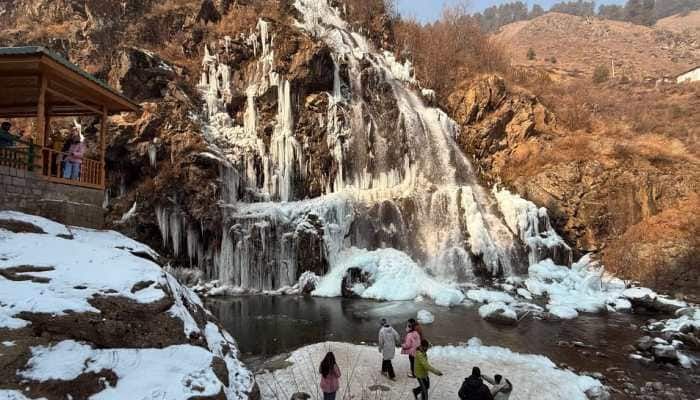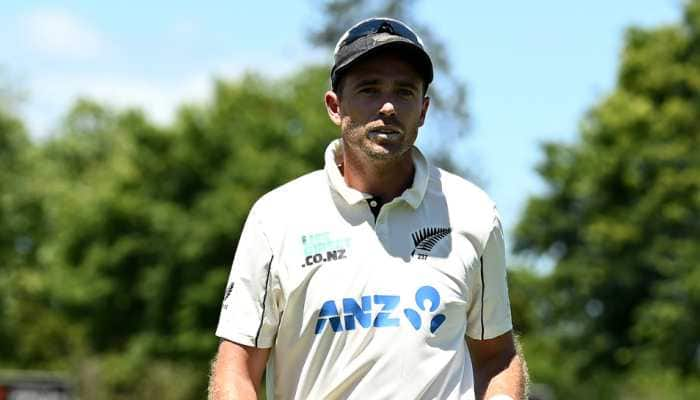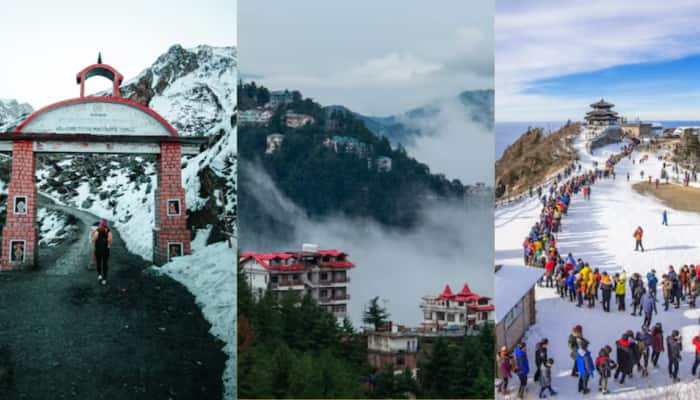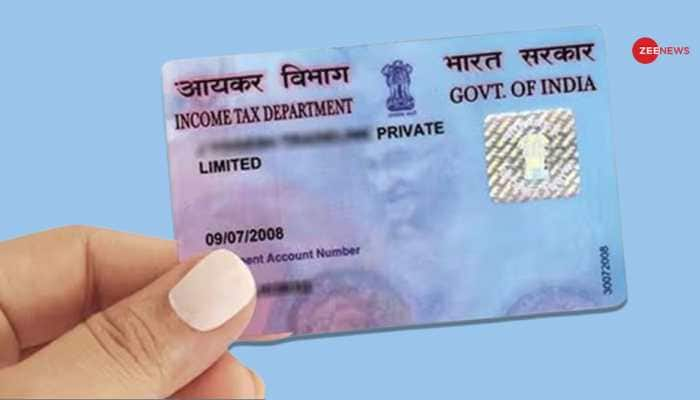Severe Air Quality In Delhi On New Year’s Eve As cold Wave Intensifies
The Air Quality Index was recorded above 400 at several places in Delhi including Munirka, Dwarka and RK Puram.
Trending Photos
)
New Delhi: As the cold wave tightened its grip on northern India, the air quality dipped to the 'severe' category on the last day of the year, according to the Central Pollution Control Board data on Sunday. The Air Quality Index was recorded above 400 at several places in Delhi including Munirka, Dwarka and RK Puram. The AQI in Anand Vihar was recorded at 425, in Dwarka-Sector 8 it was 425, in RK Puram it stood at 426 and in Munirka, the AQI was recorded at 431.
Earlier this month, the Commission for Air Quality Management (CAQM) issued orders to impose a ban on non-essential construction work and the operation of BS-III petrol and BS-IV diesel four-wheelers in Delhi-NCR due to the deteriorating air quality in the region.
However, certain exemptions have been granted for construction work related to national security or defence, projects of national importance, healthcare, railways, metro rail, airports, interstate bus terminals, highways, roads, flyovers, overbridges, power transmission, pipelines, sanitation, and water supply.
Meanwhile, the minimum temperature at the Safdarjung Observatory, the city's primary weather station, was recorded at 11 degrees Celsius on Sunday morning. Drone visuals from Delhi's ITO, Subroto Park, and India Gate areas showed dense fog enveloping the city reducing visibility.
The India Meteorological Department has forecast dense to very dense fog at most places over Punjab, Haryana, Chandigarh, and Delhi, at many places over Uttar Pradesh, at a few places over Uttarakhand, at isolated places over the northern parts of Rajasthan and dense fog at isolated places over Jammu and Kashmir and the lower division of Himachal Pradesh on Sunday.
IMD has said that the mercury would plunge further in the first week of January 2024, with temperature hovering between 10 and 7 degrees Celsius at the Safdarjung Observatory in the national capital.
Stay informed on all the latest news, real-time breaking news updates, and follow all the important headlines in india news and world News on Zee News.
Live Tv







)
)
)
)
)
)
)
)
)
)
